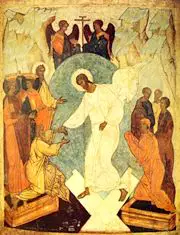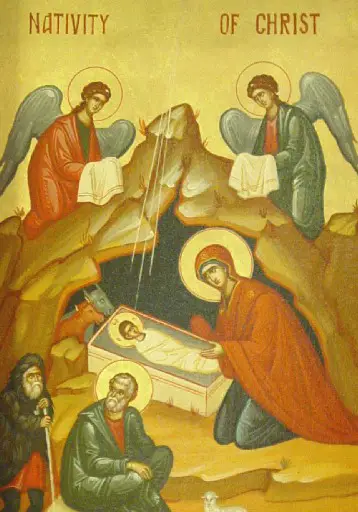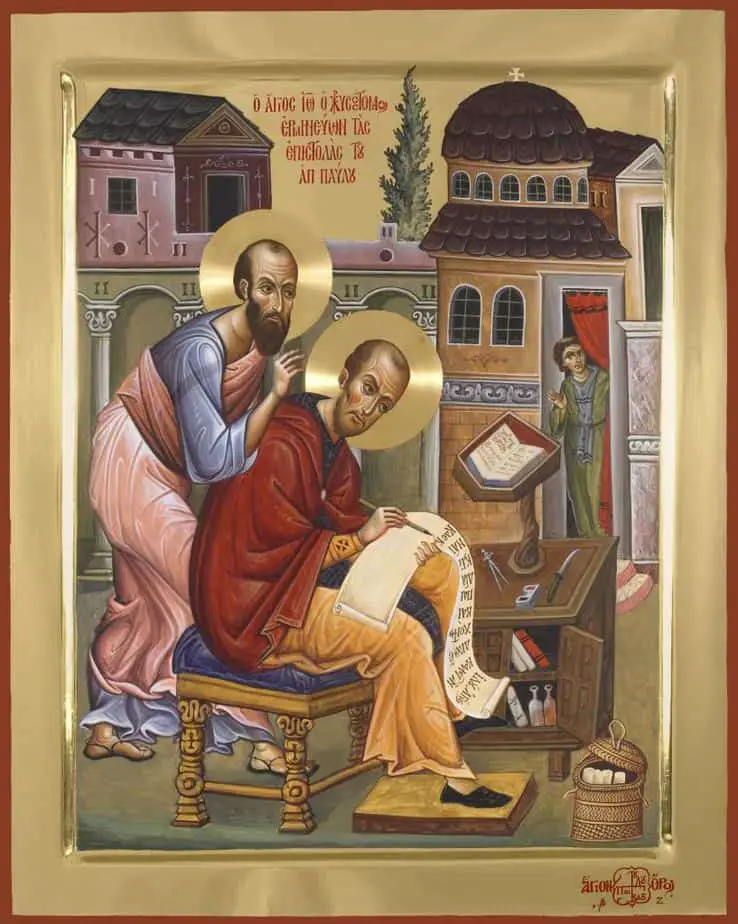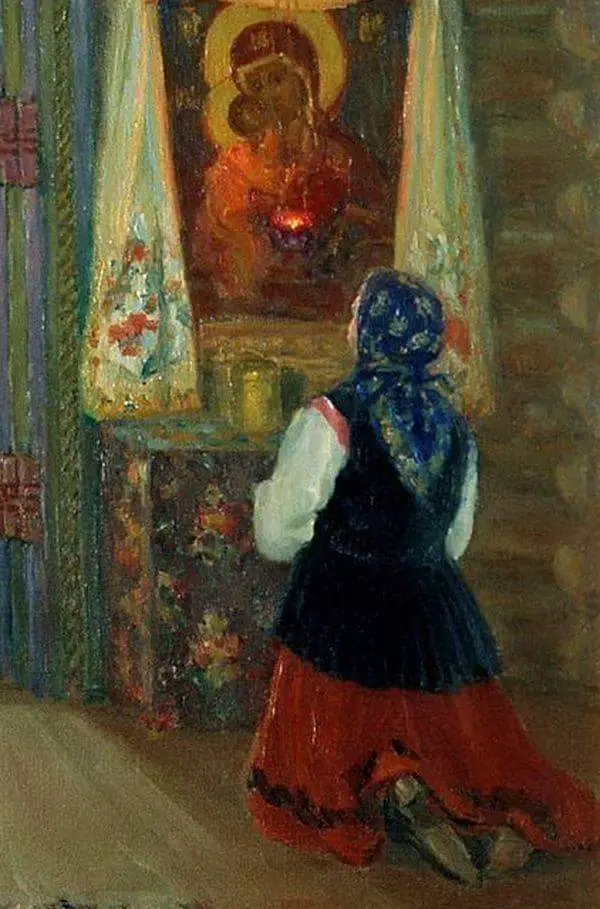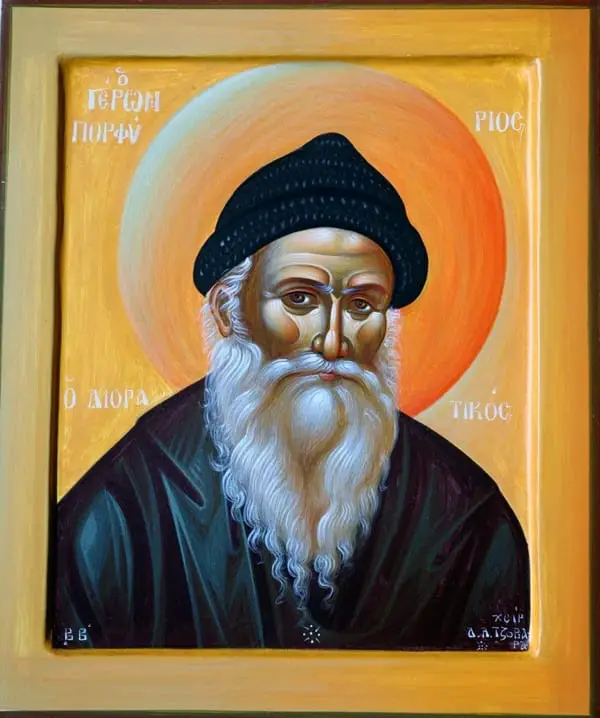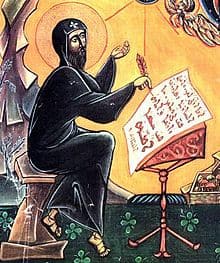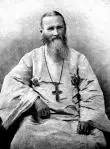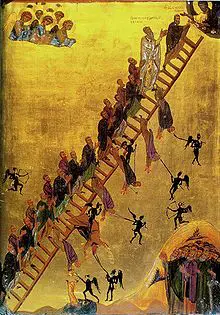St. Isaac the Syrian: I also maintain that those who are punished in Gehenna are scourged by the scourge of love. . . .
I also maintain that those who are punished in Gehenna are scourged by the scourge of love.
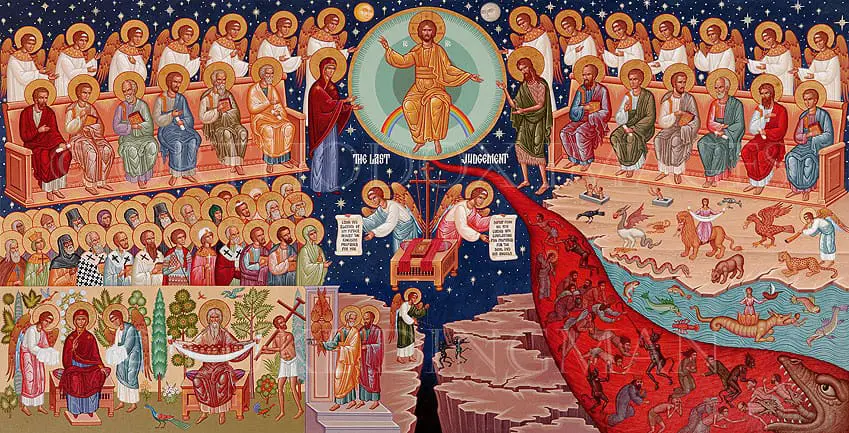
Nay, what is so bitter and vehement as the torment of love?
I mean that those who have become conscious that they have sinned against love suffer greater torment from this than from any fear of punishment.
For the sorrow caused in the heart by sin against love is more poignant than any torment.
It would be improper for a man to think that sinners in Gehenna are deprived of the love of God.
Love is the offspring of knowledge of the truth which, as is commonly confessed, is given to all.
The power of love works in two ways. It torments sinners, even as happens here when a friend suffers from a friend.
But it becomes a source of joy for those who have observed its duties.
Thus I say that this is the torment of Gehenna: bitter regret.
But love inebriates the souls of the sons of Heaven by its delectability.
+ St. Isaac the Syrian, “Homily 72: On the Vision of the Nature of Incorporeal Beings, in Questions and Answers,” Ascetical Homilies of St Isaac the Syrian

